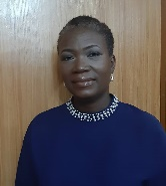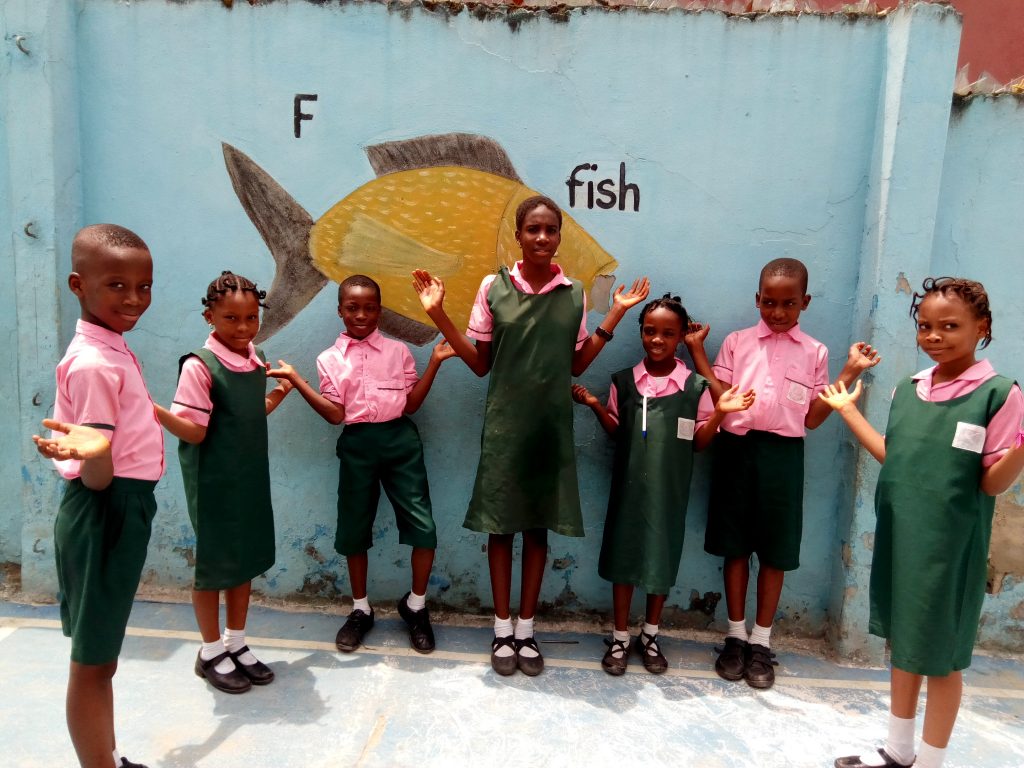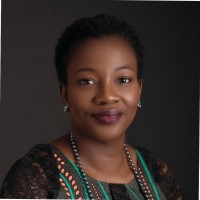
CEO, ThistlePraxis
Consulting
March 23, 2021

‘Choose to Challenge’, the theme of the International Women’s Day 2021 celebrated on the 8th of March, offers an opportunity to assess some critical areas that can affect the actualization of the Sustainable Development Goal (SDG) 5 – ‘Achieve gender equality and empower all women and girls.’1
Although globally, some progress has been made in creating more awareness and developing solutions that provide opportunities for girls and women to grow and add value to themselves, their families, communities, and the local and global economy, gender equality has not been attained.
Besides, the importance of taking greater and more determined strides in achieving SDG Goal 5 was again buttressed in the year 2020 with the onslaught of the COVID-19 Pandemic. The report from the UN indicates that women are at the frontlines of fighting the coronavirus and account for 70% of health and social workers2 showing that any nation that seeks sustainable development must empower its women.
Significantly, the year 2020 also brought to fore relevance of 21st Century Skills such as critical thinking, communication, collaboration, information, and technology literacy, creativity, and adaptability skills. These skills contributed to recording even the effectiveness attained in fighting the virus and addressing its attendant negative impacts including those experienced particularly by women such as the additional burden from domestic and care work as well the increased risks of violence against women and girls.
Thus, if women must be empowered to show up for their nations and 21st Century Skills are important, what gaps still exist for girls in Nigeria and what can stakeholders do as a matter of National Sustainability?
“Many barriers preventing women from being active protagonists of the digital revolution are rooted in the opportunities, attitudes and expectations that they are confronted with”– OECD3
A Global Partnership for Education- GPE report showed that ‘Across the partnership, substantial work has occurred in the realm of 21CS, yet there are gaps in the realms of research, knowledge sharing, capacity development and advocacy focused on systemwide implementation in developing countries.’4
Below, I share with you the insights from three leading female Executives on the actions needed for the desired change:

‘While we must encourage girls to build a broad range of technical competencies especially in the area of STEAM, Science, Technology, Engineering, the Arts and Mathematics, strategic skills required for the workplace of the future are also key. Skills like team building, critical thinking, creative writing, negotiation, public speaking, effective communication, advocacy, financial security, civics, and leadership to name a few are key in preparing our young girls for the future of study and work. In order to compete effectively in the workforce of the future, a system that holistically combines traditional academic subjects in addition to strategic skills is vital.
WISCAR, Women in Successful Careers through its Grow and Learn Initiative GLIN, provides these strategic skills through structured mentorship to girls in senior secondary schools, building their capacity through early introduction to these strategic skills. The impact of the GLIN programme on the confidence of our young mentees and their aspirations has been profound and supports our advocacy that a more holistic approach to the education of the girl child is required.’

‘To ensure the same ratio of the girl/boy child completion of tertiary education, we need to tackle the problem from the root, to be able to fill the gender gap on merit beyond the existing sentiments of female empowerment. This can be achieved through awareness and enlightenment campaigns for parents; and positive discrimination in the admission process – for qualified female students especially the less privileged who ordinarily will not have access to such opportunities due to their geographical location and background.
The government in collaboration with local and international partners, NGOs, and Government MDAs, should organise more programmes and workshops for young girls to explore opportunities in the emerging technology space that would assist in bridging the Gap in 21st Century Skills for Girls in Nigeria.’

‘The month of March reminds us to focus on building structures, systems and societies that enable all Nigerian girls rise to their highest potential and play their current and future roles in socio-economic development. Part of that enablement includes education and upskilling with critical knowledge and competencies that will ensure they effectively harness opportunities in our evolving global village.
Ensuring girls have the requisite financial and digital literacy skills, critical thinking and analysis competencies, and knowledge of mass and social media storytelling are important in bridging the 21st Century skills gap. Developing and deploying one-half of our population has significant returns on the growth, competitiveness, and future-readiness of our communities and economies.
It is therefore important that we do all we can to give our girls the tools and resources to be independent thinkers, passionate about learning and applying their knowledge to create, solve and innovate.’
In sum, one way to address stereotypical outlook in how professional fields and careers are viewed is to look at skillsets for development and offer equal opportunities for both girls and boys to acquire them. Moreover, policies must be crafted through stakeholders’ engagement, to provide a comprehensive understanding of the issues and contexts, taking into cognisance cross-curricula integration, the necessary gender equality mindset-upskilling required for teachers and guidance counsellors, resourcing, and infrastructural challenges. Additionally, it is essential to measure and track progress in the defined targets and indicators of the Sustainable Development Goal 5 as well as the supporting skill sets needed for their actualization: collecting data, highlighting, and communicating information across gender, age, and educational level, to enhance the level of responsiveness.
——————————————–
